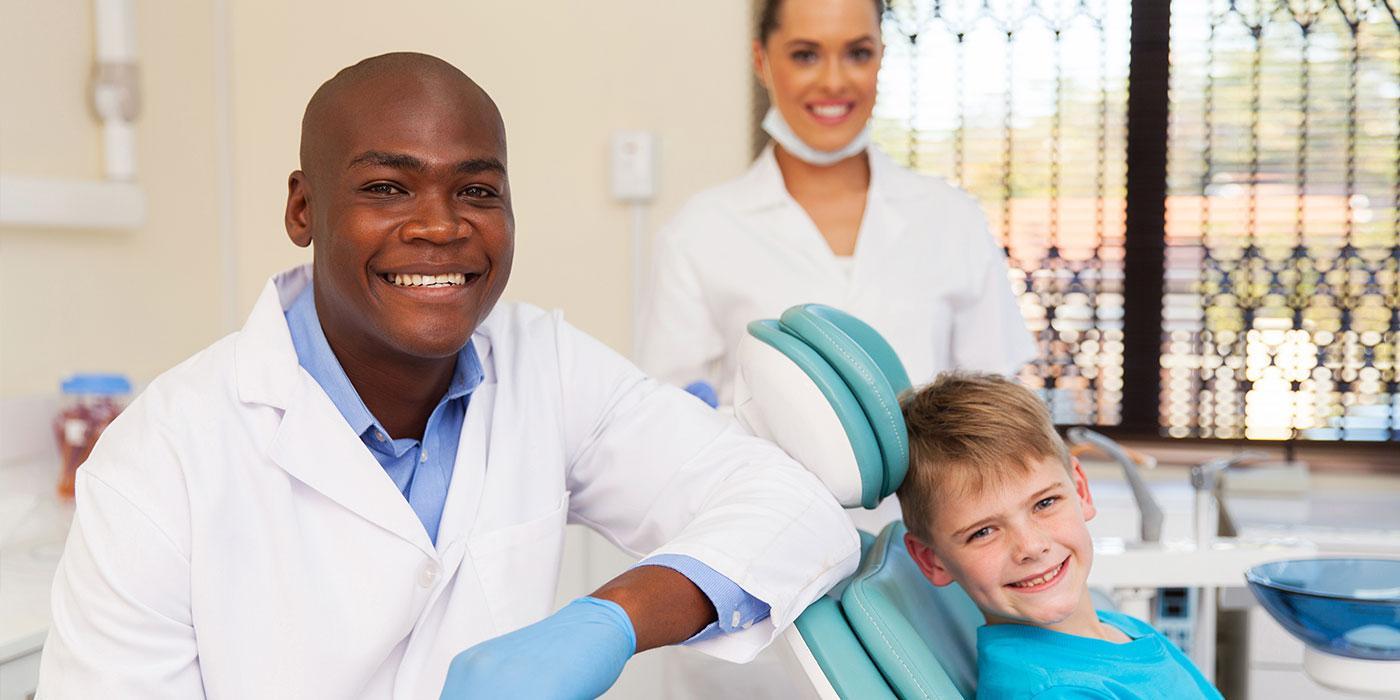In anticipation of upcoming MAJOR national regulations
From one of our suppliers
Willemstad – The new admission policy for dentists means that the examination board can, under certain conditions, equate diplomas from certain universities with permitted diplomas, in which case an exam is not required.
This is what chief inspector Sirving Keli asks Antilles Dagblad in response to what the Curaçao Dental Society (CDS) calls a “controversial admissions practice” of which the established dental society is unaware.
“That’s why there is a tolerance decision that allows not only Dutch or Indian diplomas, but also accredited universities to be accepted.”
According to Kel, this is based on the upcoming BIG national regulations – “These are expected to enter into force in 2025”, according to Kel – which are partly based on the current national regulation BIG, which is based on accreditation. in universities and not about the endless recognition of degrees. In the Netherlands, the BIG register stands for ‘Professions in Individual Healthcare’.
“Unaccredited universities still have to complete an internship and then take an exam,” said the inspector general, who noted that “the transition situation is still clear.”
“Harmonization has also been sought with other healthcare regulations and international developments, the starting point is accreditation and not just the recognition of a degree.”
The number of dentists is set at 83 in the official capacity planning for 2018-2019, Keli continues. “Currently 72, including all new dentists. However, the database of dentists has yet to be cleaned, so the actual number will be slightly lower.”
The Curaçao Dental Society itself reports about 50 established dentists and that 23 have been added without any coordination with the CDS. According to the association, it has not been shown that there were or are waiting lists for 50.
Keli tells this newspaper: “Compared to the latest capacity plans for 2024-2027, such as the KNMT (Royal Dutch Society for the Promotion of Dentistry) used in the Netherlands, Curaçao should have 90 dentists.”
He goes a step further: “If we also take into account the current capacity shortage of the KNMT, namely 275 per year, Curaçao should have 94 dentists. So the number of 72 dentists is clearly not a surplus, but rather a shortage.”
The Curaçao Dental Association CDS will be included in the soon-to-be-updated update of this document, the Inspector General promises. “The final decision is the board’s.”
It is important to note, Keli said, that the exams have not been held in the last 12 years, but only in 2022 and 2023, “so a lot of candidates have gradually increased”.
“A significant number of these applicants have worked for a number of local dentists in recent years for little compensation. This has now been rectified.”
In addition, a large number of people currently prefer to have dental treatment in Colombia, according to Kel, “because there it is offered with high quality but at a much cheaper price”.
Since CDS had also made comments about the committee that administers the exams, the inspector answered the reporter’s questions: “The text committee is always established by a government decree, as in this case, and it consists of experts in dentistry. , training and inspection.”
In conclusion, Keli states: “When many sections of the National Ordinance BIG come into force by national regulation in 2025, the old law from 1934 will expire.” This concerns the order of June 30, 1934 on the practice of dentistry.
Questions about this magazine
Partly in response to an earlier press release sent by the government on “modernizing the admission procedure for non-Dutch trained dentists”, Antilliaans Dagblad posed the following questions to both the Minister of Health Javier Silvania (MNFK) and the Inspector General. Serving Keli:
1. Is the “government decision” (the press release states that “the government has decided to modernize the admission procedure for non-Dutch trained dentists”) a sufficient legal basis? Or is a change in the law necessary? Give an explanation.
2. Has the CDS dental association consulted and participated in it? If yes or no, why (no)?
3. Can we have a report stating that expansion of the dental workforce is necessary? How many licensed dentists are there in Curaçao now?
4. Can we get legal advice to discuss?
5. And: who forms the examination committee? How did their meeting go?
Keli responded almost immediately, while the minister sufficed by posting an existing video in which Keli talked about the matter. In response to questions from this newspaper, the inspector general said he did not have all the documents at the moment because they were in the office, and the newspaper asked that they be obtained later. Some questions remain (partially) unanswered.

